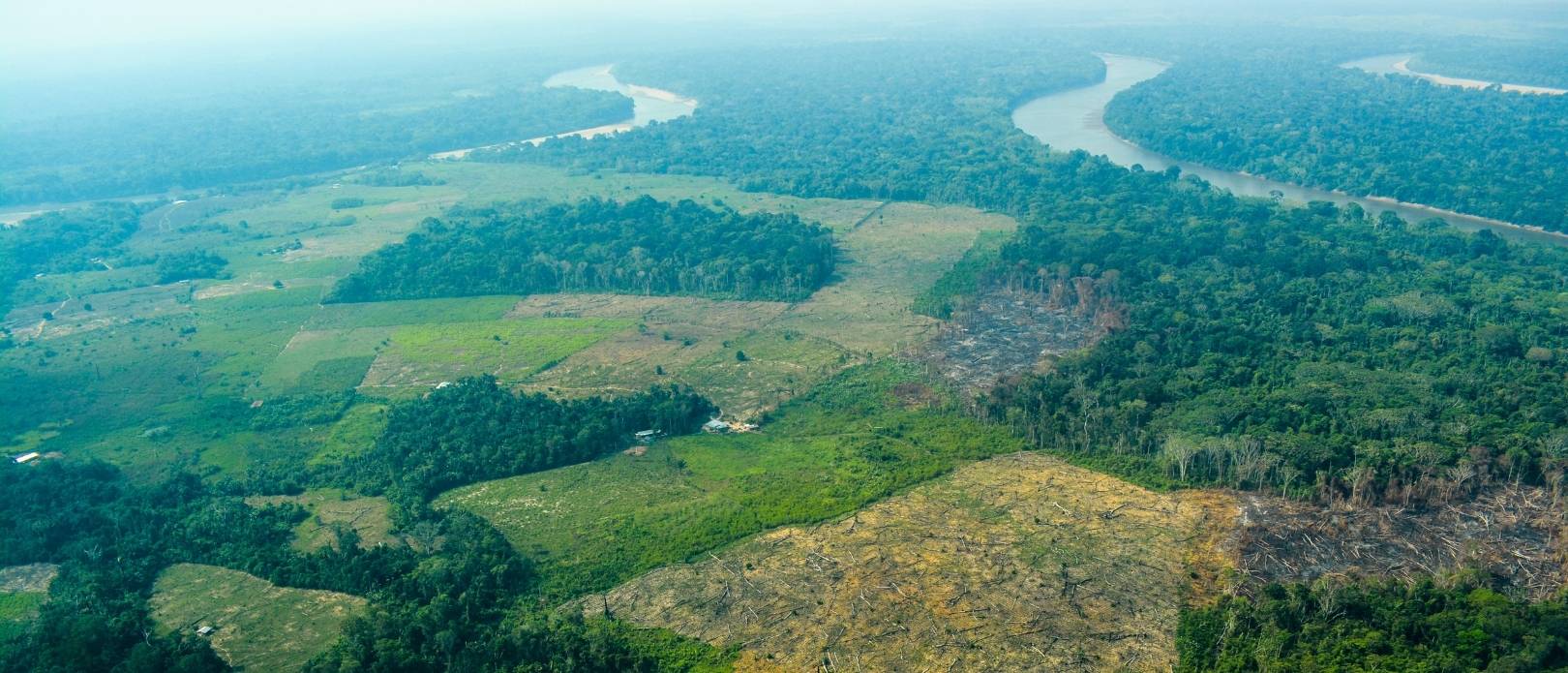This focus area addresses the challenges and the diversity of trajectories associated with sustainable development for all in the context of the Anthropocene
While major improvements in human well-being and life standards have been achieved for many in the last century, these benefits remain unequally distributed across the globe and have unfolded at the cost of ecosystem degradation, challenging the resilience of the biosphere.
The Sustainable Development Goals (SDGs) recognize that inclusive social and economic prosperity needs to come hand in hand with environmental sustainability. This represents a crucial step towards our understanding that human development is intrinsically connected to, and dependent on the biosphere. But achieving the SDGs will require systemic transformations across multiple sectors and the interdependencies between these sectors might lead to synergies, but also tensions among efforts targeting particular SDGs. Furthermore, sustainable development for all may be achieved through different pathways, each one with different costs, benefits and beneficiaries.
As the Earth system is transformed in the Anthropocene, these complexities are aggravated by the enormous challenges that arise from the convergence and interaction of socio-economic and environmental drivers including climate change, global economic crisis, rising food insecurity, pandemics and violent conflict. Additionally, increased connectivity and globalization has generated new systemic risks that can lead to cascading effects with detrimental impacts on people and the biosphere. Although these changes affect all societies, the impacts are different across regions, social groups and gender, hitting the most vulnerable the hardest. Therefore, issues of power distribution and equity are central to trajectories towards sustainable development for all.
We will foster a vibrant collaborative space for SRC researchers to discuss, synthesize and advance cross-cutting science that offers new insights about biosphere-based sustainable development for all under the turbulent context of the Anthropocene.
Our work is advanced in close collaboration with international partners, and in close collaboration with non-academic organizations and change-makers from all over the world.
Some of our overarching subthemes
- Intertwined human and biosphere development
- De-localization and de-colonization of development – Development in the Anthropocene cannot be understood just as a local issue in particular geographies of the Global South. Local development is a part of and linked to global dynamics, and developing towards more sustainable and fair trajectories is a challenge for all regions of the globe
- Development as transformative capacity – Ensuring resilient, sustainable and just societal development in the turbulent times we are living requires a capacity to innovate and transform, going beyond just persisting or adapting to the changing conditions.
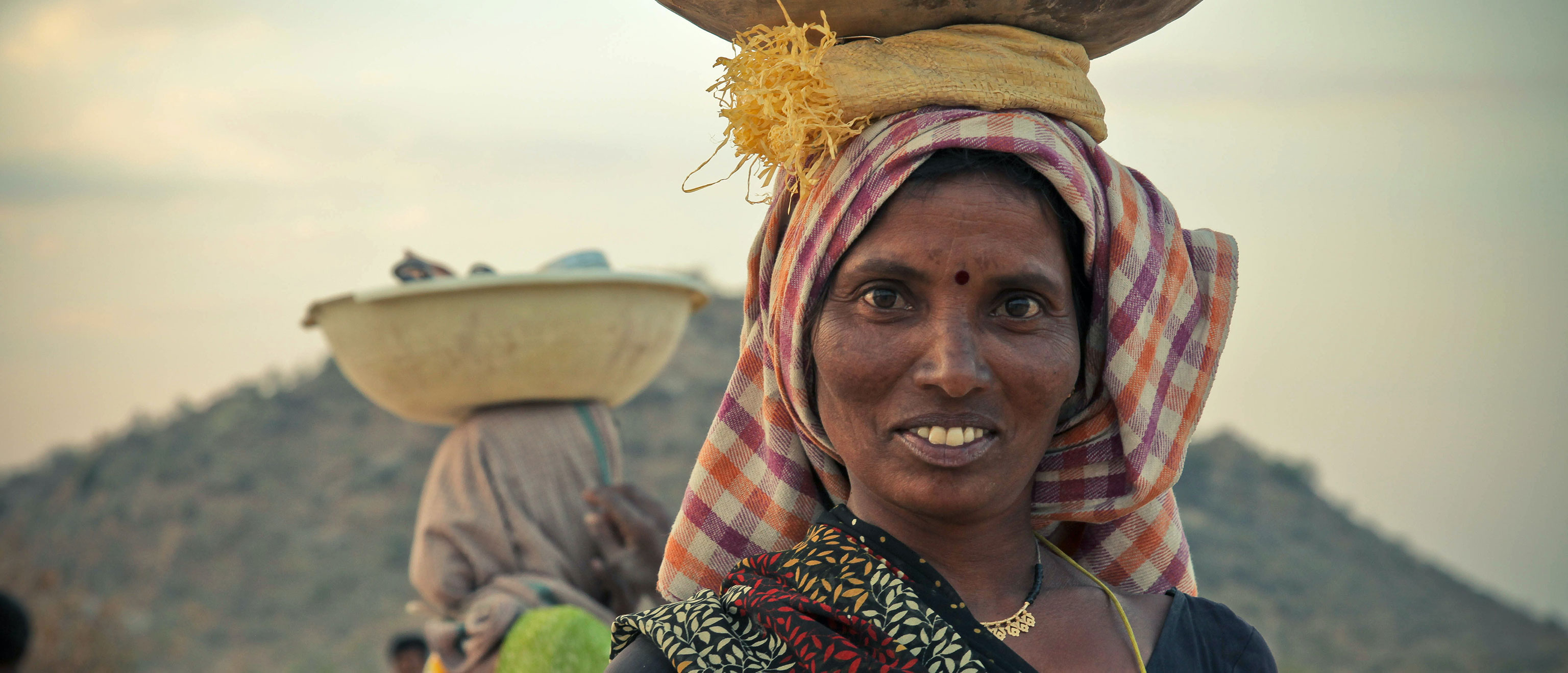
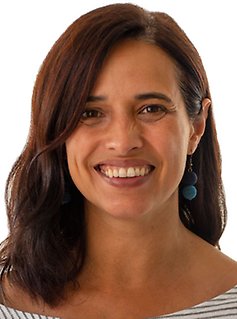
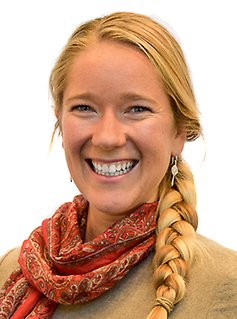
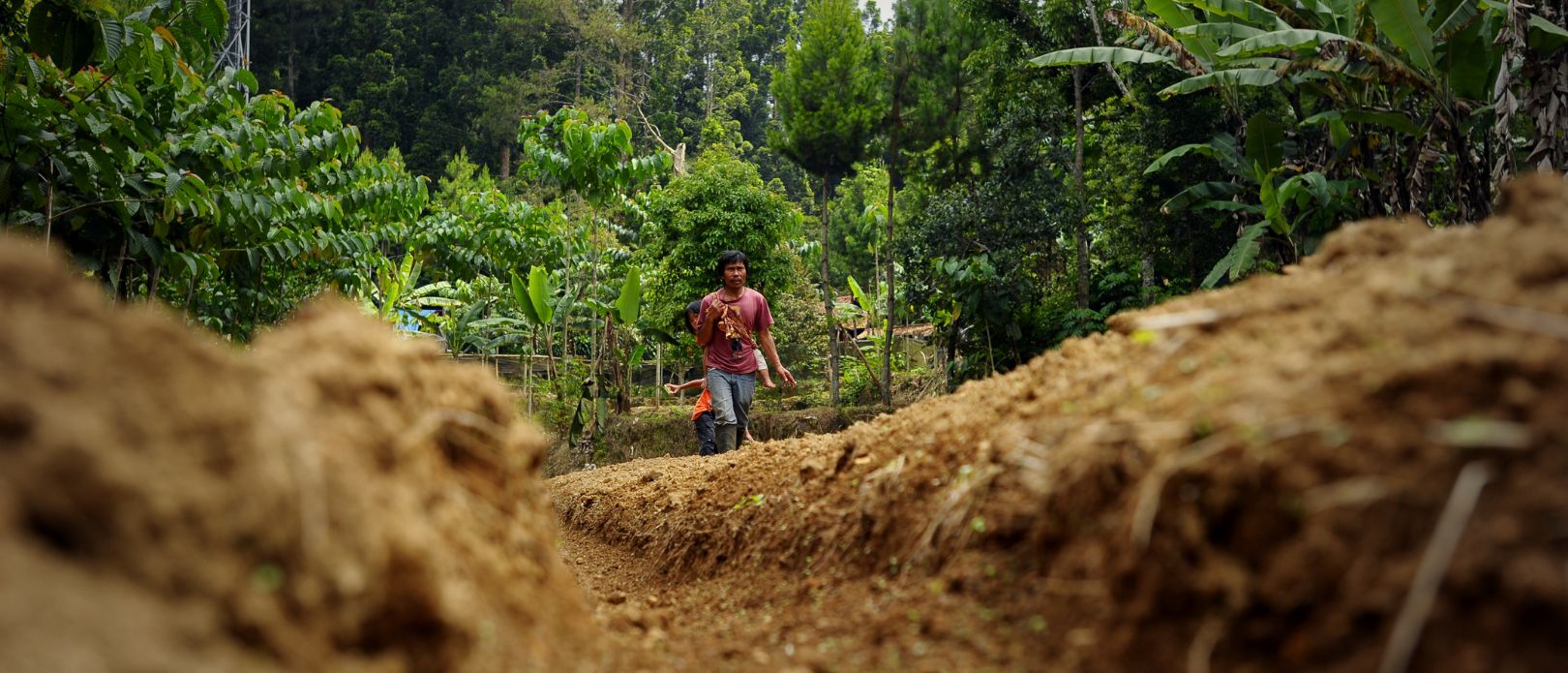
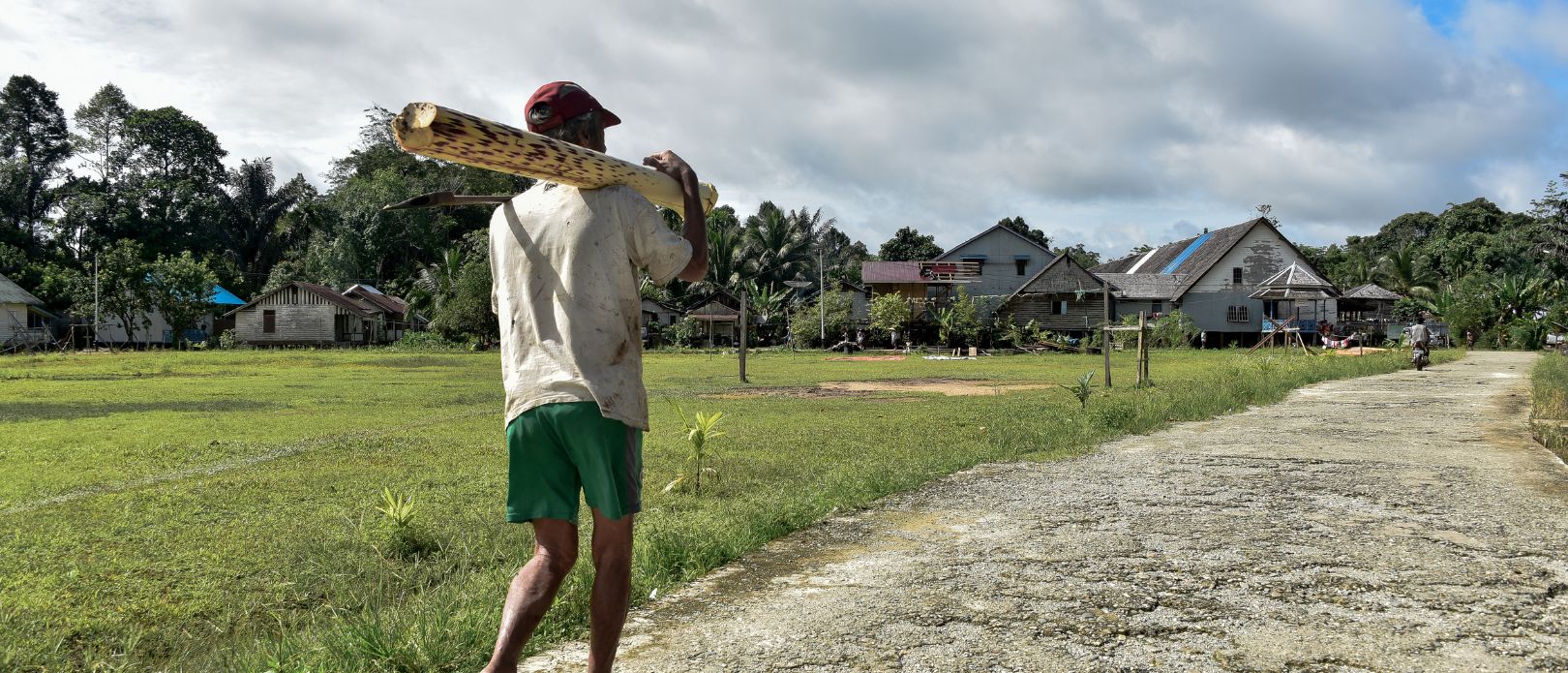
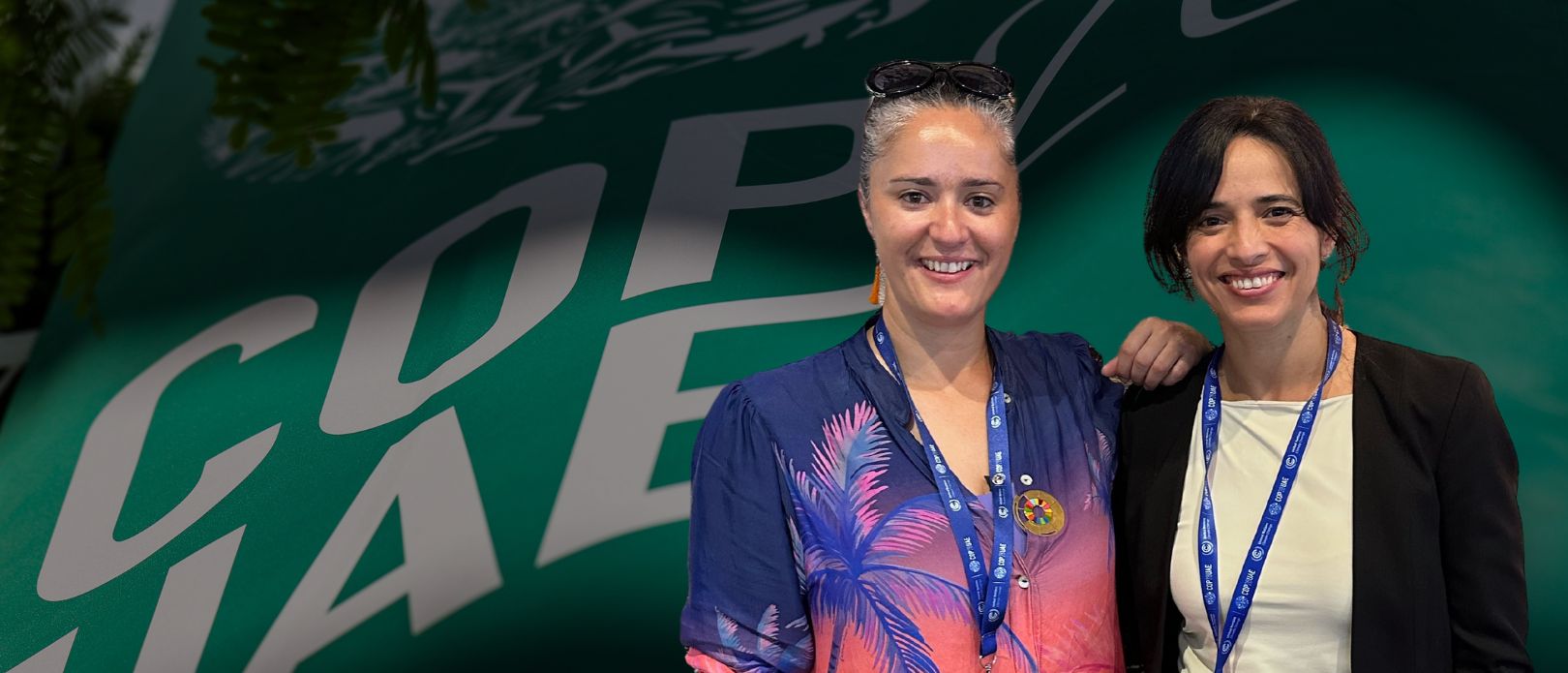
.jpg)

